Joo Group has published a carbon neutrality roadmap
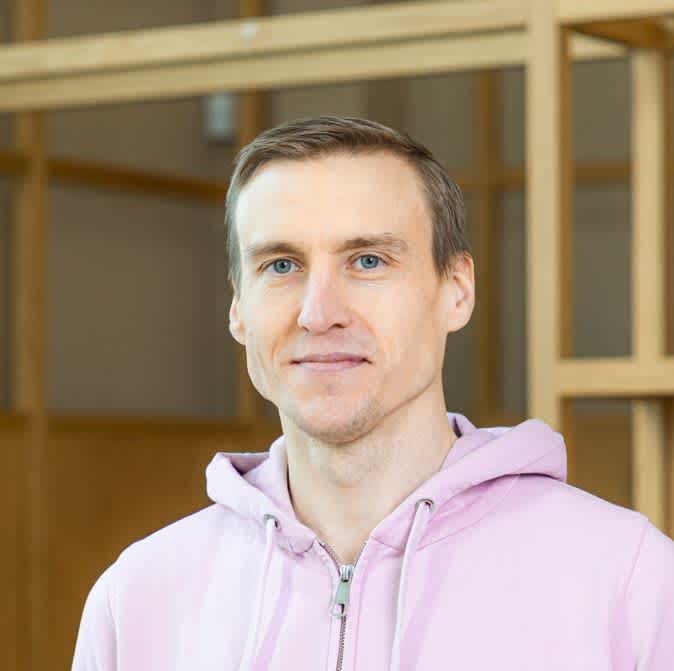
Our environmental efforts are rooted in helping our residents and influencing the wider system.

On Friday, 13 September 2024, we published our carbon neutrality action plan – or roadmap – as part of Finnish Green Building Council's #BuildingLife programme. That feels great.
Take a look at our roadmap here.
Both as a company and on a personal level, this publication brings together the lessons learned from a multifaceted journey through the property and construction industry, and its sustainability challenges in particular. And of course, as this journey is far from over, the roadmap is designed to guide us forward.
We aim to influence the system and thrive within it
Setting ambitious long-term goals is important. However, when it comes to major systemic changes like the green transition, focusing on action is likely more crucial than setting a specific year by which Joo Group will achieve carbon neutrality according to a given definition.
That said, we’ve defined that year in our roadmap: 2045.
But wait a minute, why not 2035? Especially since, as a #BuildingLife supporter, we’ve committed to "working toward a carbon neutral built environment by the year 2035 in accordance with the common goals of the real estate and construction sector".
The key words here are goal, common, and work. We’re actively working towards helping the industry and the wider system meet this target. However, there’s a difference between when the sector might reach this goal and when Joo Group can confidently promise that all of its direct and indirect emissions will hit zero. We prefer to focus on tangible action, rather than making promises without a clear plan to back them up.
Our own carbon neutrality is only meaningful if the entire system – the property and construction industry, Finland, Europe, the world – transforms with us. So, instead of focusing on “Joo Group must be carbon neutral by year xxxx,” we’re asking, “How can we help change the system and thrive as part of that change?”

Change starts with recognising your strengths
So, then, how can we influence the system?
It's a good start to think about the natural strenghts of your organisation, or yourself as an individual. You can then begin to use these skills and characteristics even more to drive sustainability forward.
For us, these strengths include supporting our residents in practical, everyday ways, experimenting with new ideas, developing new services, playing an active role in managing our partially owned apartment complexes, maintaining close relationships with developers and financiers, and being sensibly frugal.
For example, we can apply our frugality to areas like energy and water usage, while utilising the rest of our strengths in some other ways. How would you make the most of them? How about your own strengths? You can read more of our thoughts on this in our roadmap – do take a quick look!
Frugal or sustainable – or both?
Speaking of frugality, it’s often the case that using your strengths to operate more sustainably doesn’t cost any more than so called business as usual. It might just require a change in perspective, along with a bit of learning and effort.
Of course there are times when a low-carbon or more sustainable option does come with a higher price tag. In such cases, it's important to have a sound business case for making the more expensive choice.
Whether it's about an individual business or the wider system, it’s hard to justify decisions that can't be linked to any tangible or even intangible business benefits. When this is case, the sustainability transition either moves slowly or not at all, even if there’s a genuine desire to advance it.
I'm not suggesting that there are no benefits. Instead, it's important to try to identify those benefits from various perspectives, such as risk management, future cost savings, reputation, preparing for new regulations, or meeting the expectations of financiers and customers.
While you're still working to build your business case, it makes sense not only to continue searching but also to focus on the areas where your strengths, sustainability efforts, and business benefits already overlap.

You can always embrace learning, preparation, and influencing as part of your daily routine. For instance, meetings with builders, financiers, owners, and other partners can naturally shift towards sustainability discussions – without the need for extra investments. And when the business case for further investments becomes clear, you’ll already be good to score, having perfected your technique along the way.
A good example of this is reducing emissions in our new developments. Both the wider sector and Joo Group are still working on ways to lower emissions in these projects, and the business case for it is still partly unclear. But learning and experimenting continue, and gradually, the methods and the rationale will be found.
It’s a shared responsibility – let’s keep working together
If anything, carbon neutrality and sustainability are common goals. For Joo Group to succeed, we need every part of the system to work together – just as the system needs Joo and each one of its employees. We’re all part of the same ecosystem.
Because it’s a shared and vast challenge, it’s also a complex one. At times, it might be tempting to simply pick up ready-made services and solutions off the shelf. But precisely because it's so complex, such solutions don’t exist. We need to find our own way of thinking and our own path, all while staying attuned to the wider system.
This is our first attempt at mapping out that path. If you think it’s headed in the wrong direction, if something important is missing, if it’s hard to understand, or if you just have some interesting thoughts, please drop me a line: antti.niskanen@joogroup.fi
Let’s keep the conversation going, together.
Read more
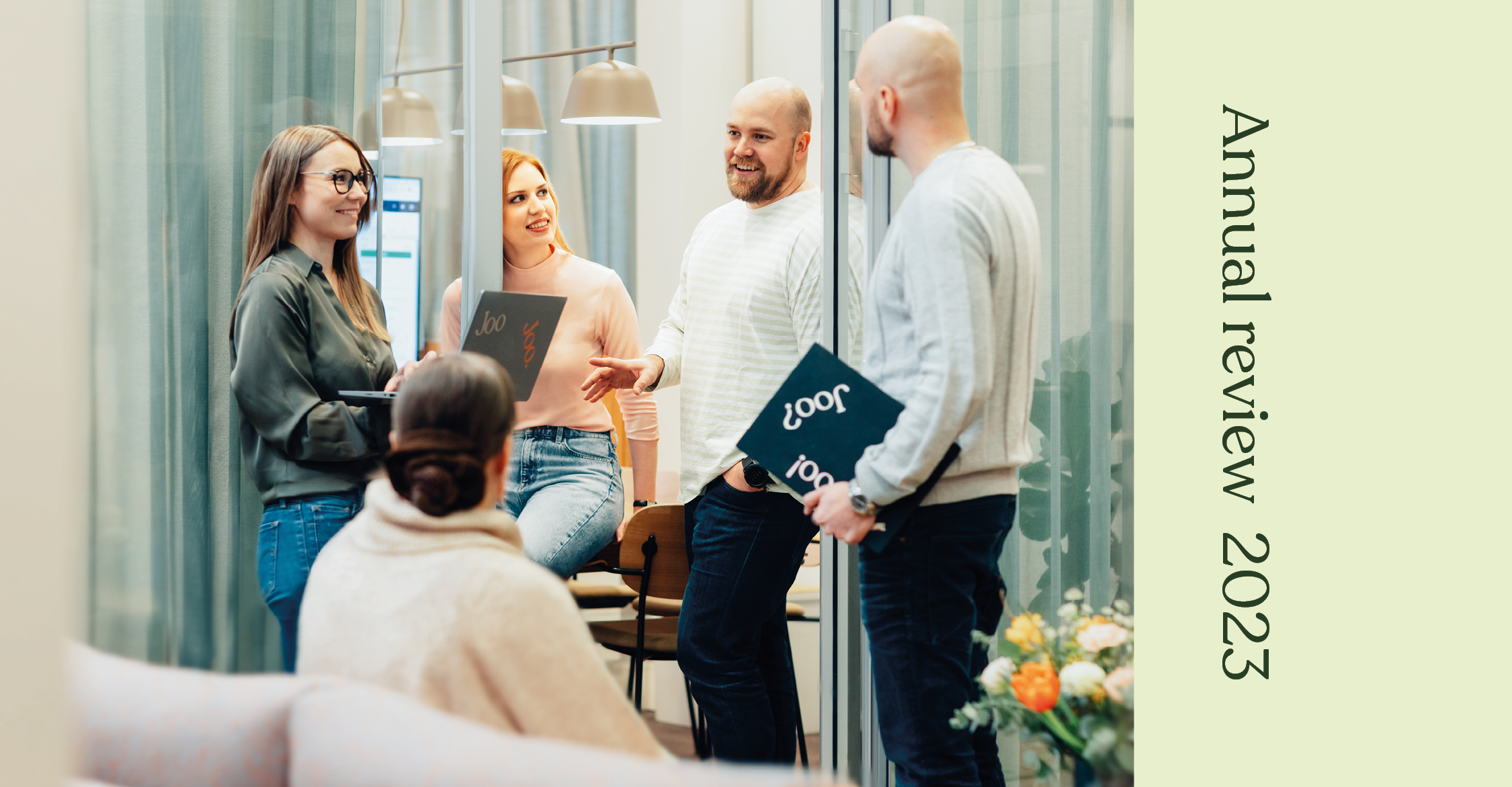

Joo Group's annual review for 2023 tells the story of our everyday at Joo
Read our annual review to find out what Joo team members think of the past year.
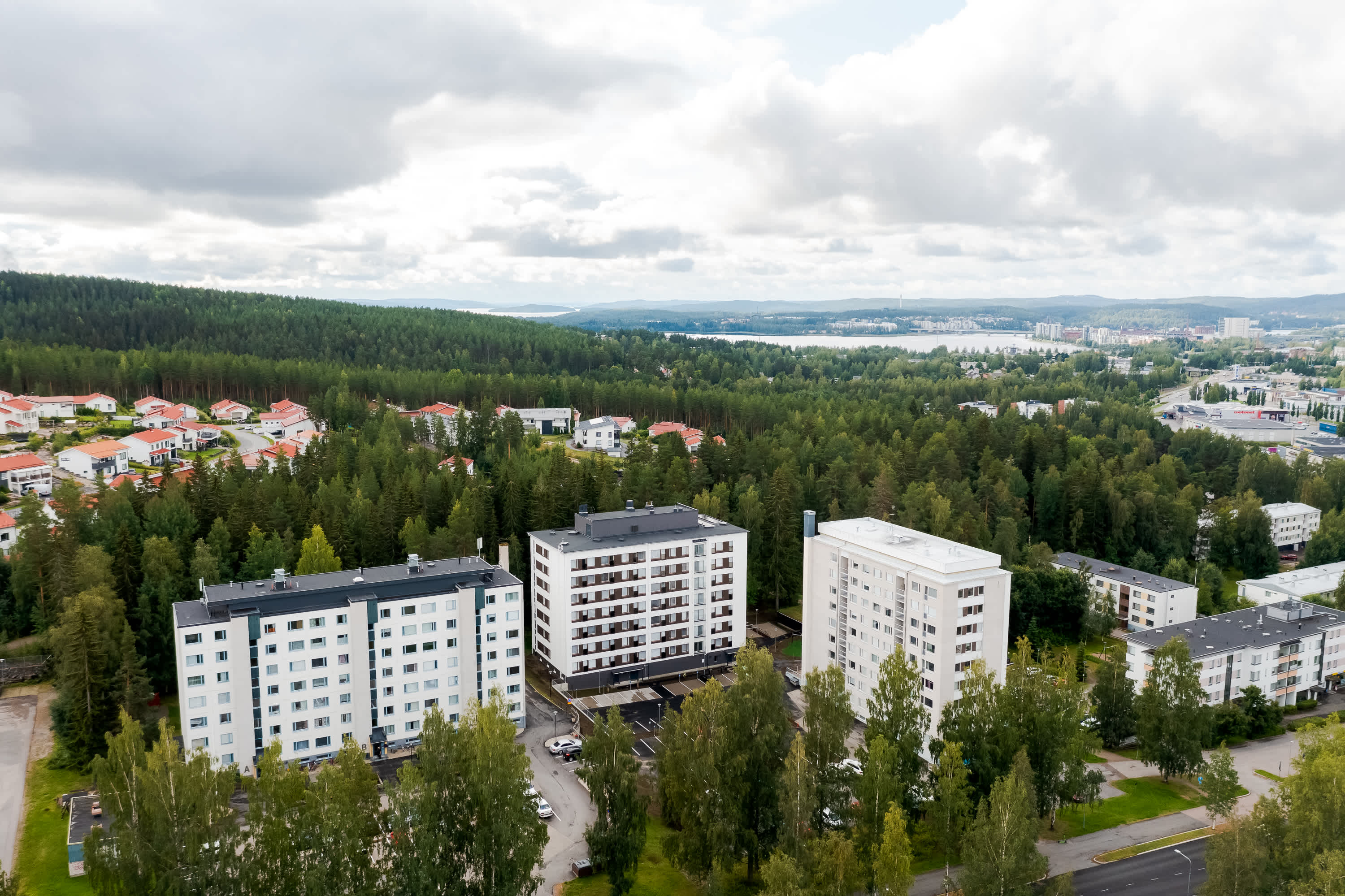

Environmental wellbeing is at the heart of our sustainability efforts
CEO Antti Niskanen writes about Joo Group's long-term environmental work in his blog.
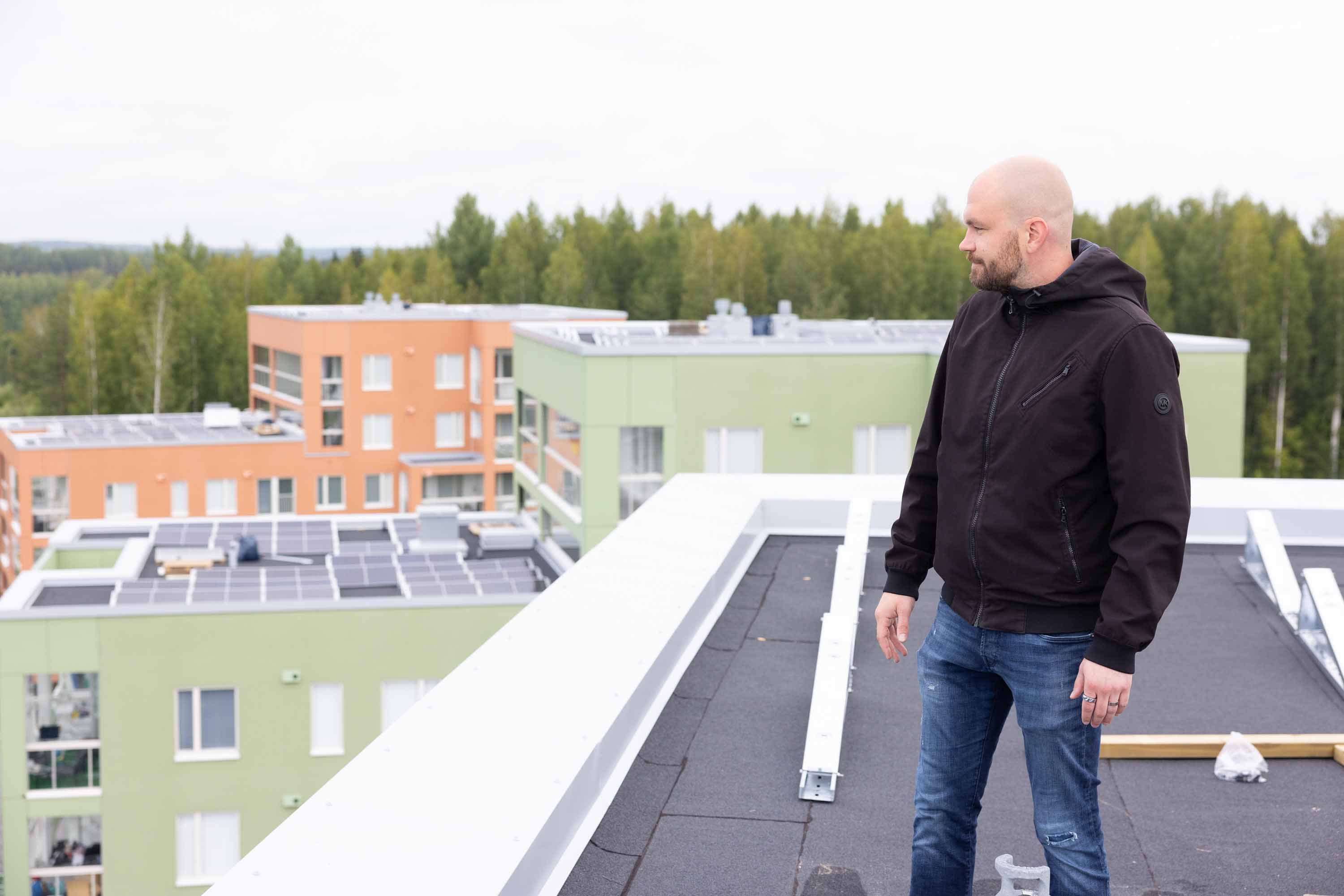
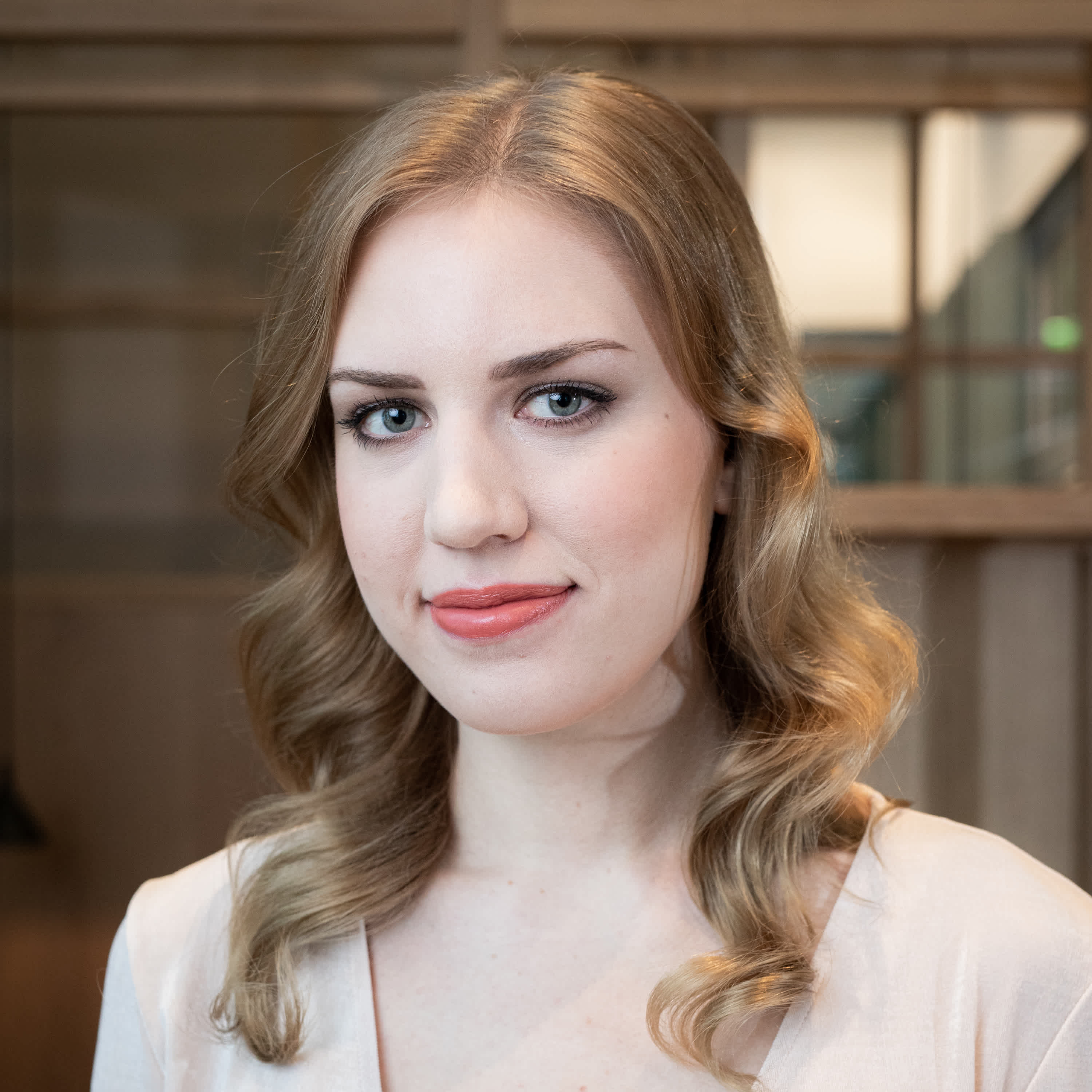
Joo Group takes a big green leap – we're installing solar panels on dozens of rooftops
We want to be pioneers in energy efficiency by making green choices and supporting sustainable development.
